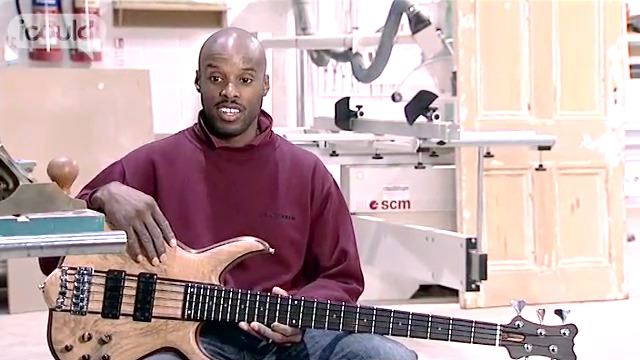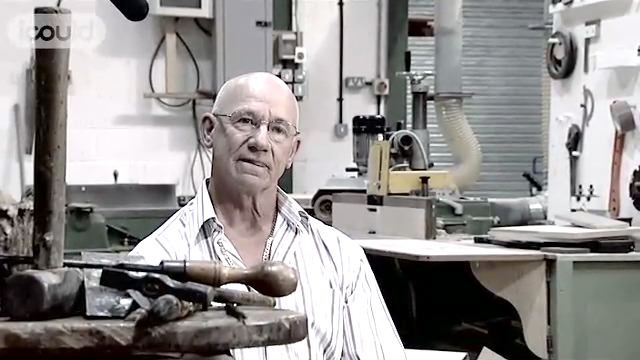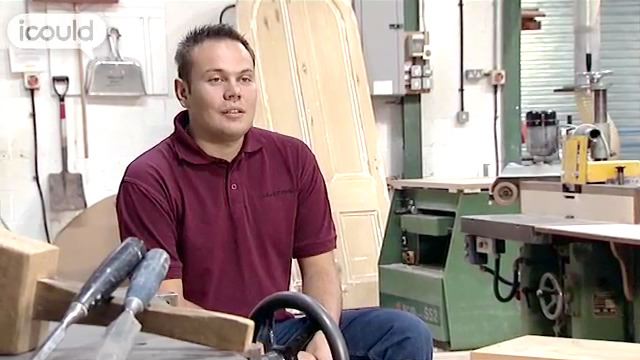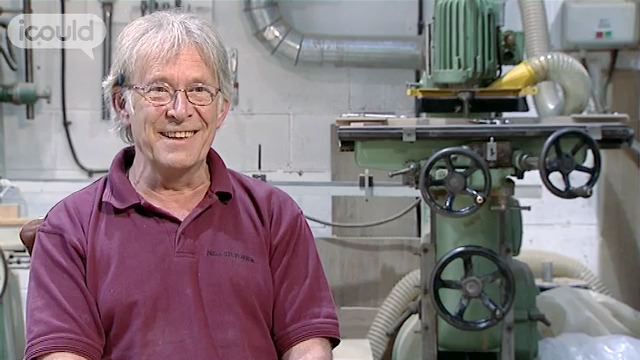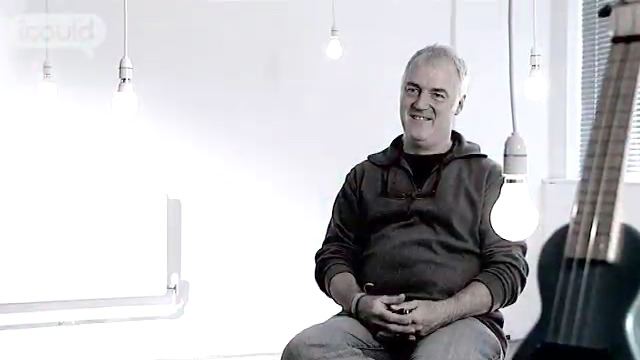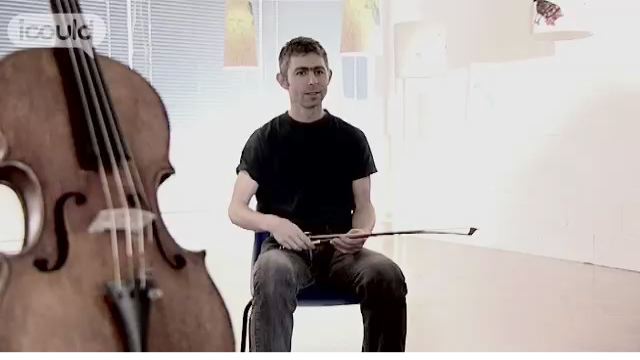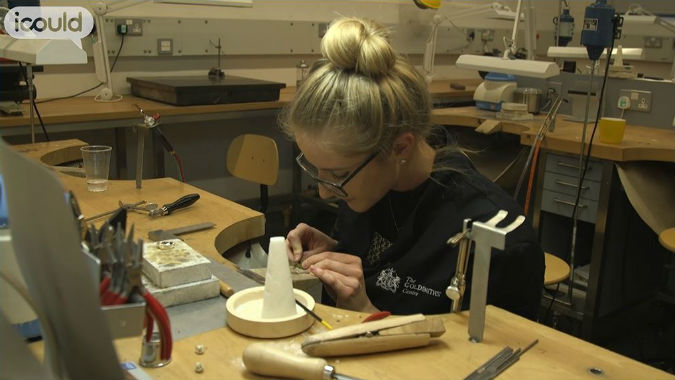French Polisher
NEJ Stevenon
Barrie P
0:00:03 Barrie P, French Polisher. If it’s wood, I’ll polish it. From Georgian to G plan or mainly it’s putting a nice shiney finish on a piece of timber and bringing the full glory of the timber out. Well my average day is I’m usually in my workshop at half five in the morning and it can be anything. This is the beauty of my job. I don’t really know what I’m going to do next week.
00:00:28 Do I enjoy the most? Is taking it back to the customer’s house, opening the door, taking the blanket off, say how about that. Some of them actually cry. Like everybody else, I wanted to be a professional footballer. There was no money in it those days. I think it was a basic wage but everybody dreamed of being a professional footballer. Sadly, it didn’t come off.
00:00:52 In my day in the 50s, late 50s, with my qualifications, I should’ve gone for a tool making job, draftsman but I decided I didn’t want office work, I didn’t want factory work. I wanted something a little bit more interesting so I went in the building trade. Much to the despair of the headmaster. He went absolutely mad. Thrown a good career away on nothing.
00:01:19 I went to work for plumb shopfitters, it was a 12 month probation and five year apprenticeship. This is what ruined the country I think when they stopped the apprenticeships. I mean now three years and you’re qualified. Three years, I was still making the tea. I remember once, I think it was a foreman carpenter, he says Pat – that was my nickname, Pat, he says go and do that will you. Go and do it yourself, a bit cocky 18 year old. Next minute, he’d actually lifted me up by my throat like that, my feet were dangling like that. Don’t ever talk to me like that again. You don’t. I never did.
00:02:04 I stayed there for nine years. They wouldn’t give me a rise so I left. I then had, I suppose you’d call it a gap year of bumming around. They do call it a gap year these days, don’t they? I call it being idle.
00:02:22 I was doing some part time work for GBM which was an absolutely superb furniture shop. I think I was there for seven years and I did everything in that shop. I did all the polishing, I did everything on the furniture. I was even selling the furniture. They were the happy days.
00:02:38 To go self-employed, it was money. I wanted a nice house, I wanted a nice car. You can only get…I think you only get that, in my trade anyway, by going self-employed and it was hard and you’ve got a mortgage, got a family. You’re worried when the phone rings, you worry when the phone doesn’t ring.
00:02:56 At the moment, we live in a nice little cottage. We don’t want for much. I like my clothes like my designer gear like everybody else. I like a Rolex watch, I like a gold chain and I think I’ve achieved it. I think I’ve achieved what I want in life.
00:03:09 I had a bad injury on my knee playing football and I was a little bit light as well so they said what you want to do is take up body building. 40 odd years later, yeah, I still enjoy it. I won a few titles; Mr Coventry, Mr West Midlands and Mr Midlands. You can go into the gym absolutely tired, worries of the world on your shoulders, a bit of pumping iron and you come out of there like absolutely…just like a revived man.
00:03:40 My career means everything to me. I still enjoy opening the workshop door in the morning. I still enjoy it and I’ll be doing it now until I’m too old to not do it. Find what you want out in life and achieve it. You’ll be happy then. If you’re not, change it. Go and find something else. You must be happy at what you do.
ENDS
Barrie P is a French Polisher. He says “mainly it’s putting a nice shiney finish on a piece of timber and bringing the full glory of the timber out.” He has had a colourful career and at 65 he still enjoys opening the workshop door in the morning,
More information about Furniture makers and other craft woodworkers
The UK average salary is £29,813
There are 37.5 hours in the average working week
The UK workforce is 47% female and 53% male
Future employment
- Examines drawings and specifications to determine job requirements and appropriate materials
- Selects, measures, cuts and shapes wood using saws, chisels, planes, powered hand tools and woodworking machines
- Assembles parts with crafted joints, nails, screws, dowels or adhesives and fits locks, catches, hinges, castors, drawers, shelves and other fittings
- Removes, replaces or repairs damaged parts of wooden furniture
- Measures floor area to be covered and lays wood blocks, parquet panels or hardwood strips
- Matches and marks out veneers ready for cutting and examines and repairs defects in veneer or plywood sheets
